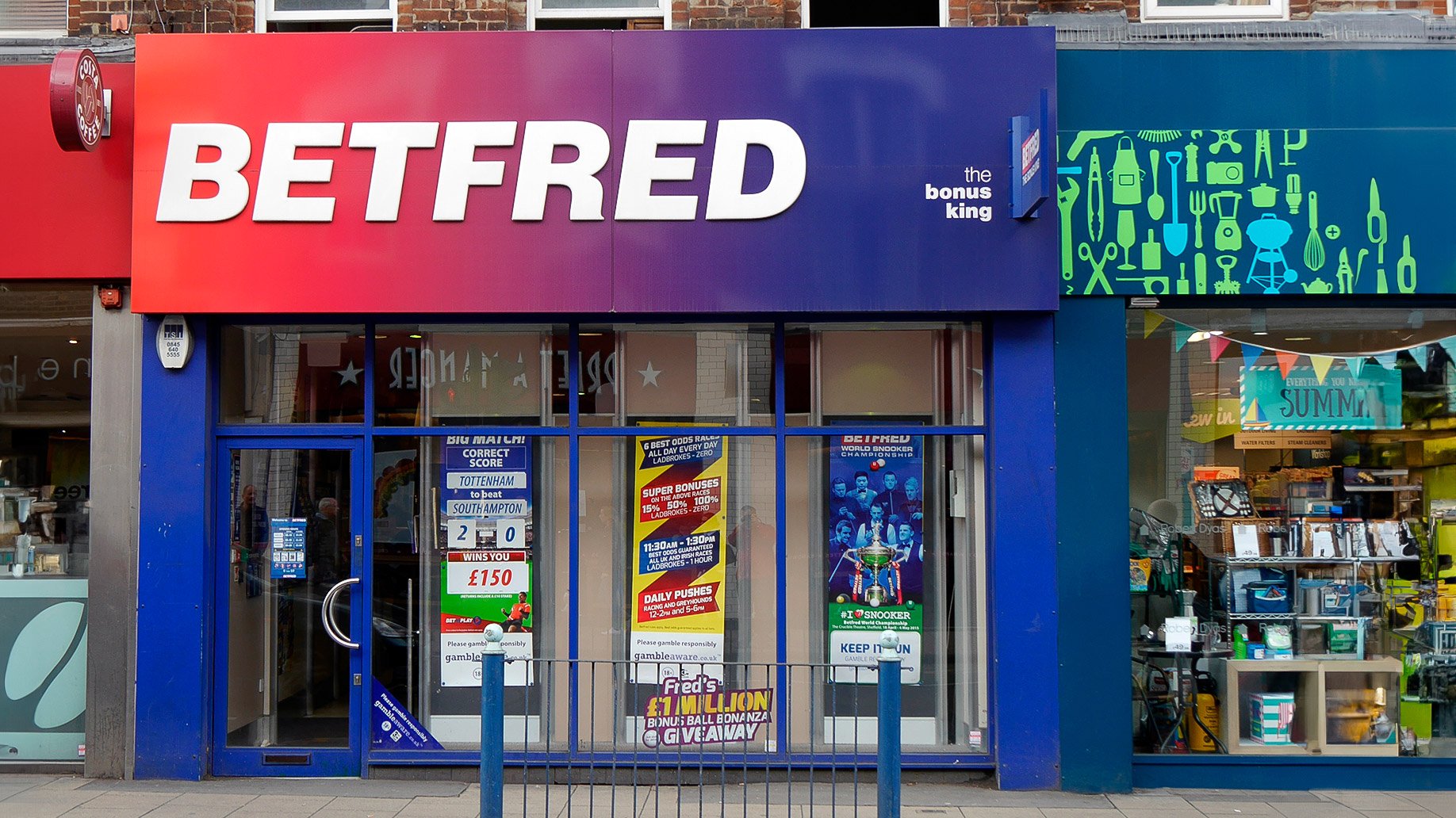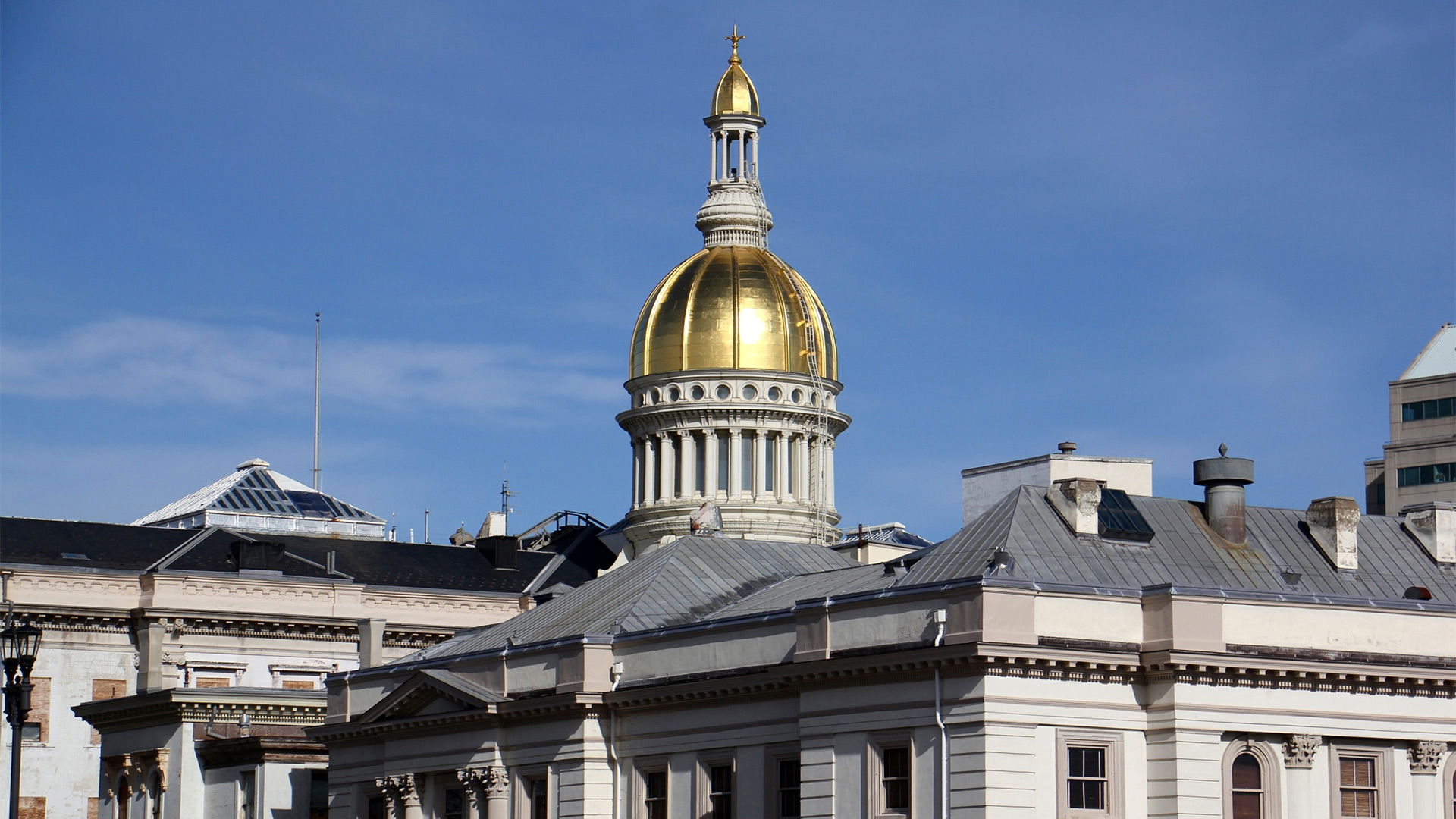Curaçao Prime Minister takes charge of gaming regulator after board resignation

Curaçao Prime Minister Gilmar Pisas has taken direct oversight of the Curaçao Gaming Authority (CGA), according to local media reports. The move comes after the regulator’s entire supervisory board resigned in mid-September, leaving the newly established agency without its top governing body.
The resignations of commissioners Shelwyn Salesia, Robert Reijnaert, and Ildefons Simon came just months after the CGA began operating under the country’s modernized gambling framework. The departures have raised uncertainty about how the ongoing regulatory reforms will proceed.
Following the resignations, Pisas met with CGA management to discuss the state of the gambling sector. Finance Minister Javier Silvania, under whose ministry the CGA formally operates, did not attend the meeting, according to local media. Government adviser Caryl Monte was present instead.
Reports indicate that Pisas has assumed de facto control over the regulator, although it remains legally under the Ministry of Finance. Contacts with the CGA are now reportedly routed through the prime minister’s office. The government has yet to announce replacements for the three commissioners, leaving the authority temporarily without board-level oversight.
Oversight questions and political tension
The CGA was created as part of Curaçao’s new gambling law, the Landsverordening op de Kansspelen (LOK), adopted in December 2024 to replace the Gaming Control Board. The legislation was designed to end the master and sub-license model, require all operators to apply directly for new licenses, and place the sector under tighter supervision.
Although the CGA’s expanded mandate took effect in July 2025, the reform process has faced administrative delays and implementation issues. The authority has also drawn scrutiny for not yet appearing in the Chamber of Commerce register despite identifying publicly as a foundation.
The resignations come at a time of political friction within the ruling MFK party. Silvania has faced internal pressure following public disputes with senior civil servant Alfonso Trona and allegations of abuse of power and corruption. The opposition PAR party has called for investigations into the matter.
Financial impact and reform uncertainty
Curaçao’s gambling industry remains a major contributor to public finances, estimated to generate between €20–€30 million ($23–$34 million) annually, or more than 40 million in Netherlands Antillean guilders. The sector has long been described as one of the island’s main revenue sources, but concerns for weak anti-money laundering controls and limited player protection have led to international scrutiny.
The LOK reforms were intended to address these concerns by establishing transparent licensing and oversight standards. However, the current governance vacuum and the shift in authority from the finance ministry to the prime minister’s office have raised new questions about the timing and direction of these reforms.
With no supervisory board in place, the CGA is expected to continue day-to-day operations under interim administrative management. Whether the government’s power transition will accelerate or delay the implementation of Curaçao’s new gambling framework remains uncertain.

















